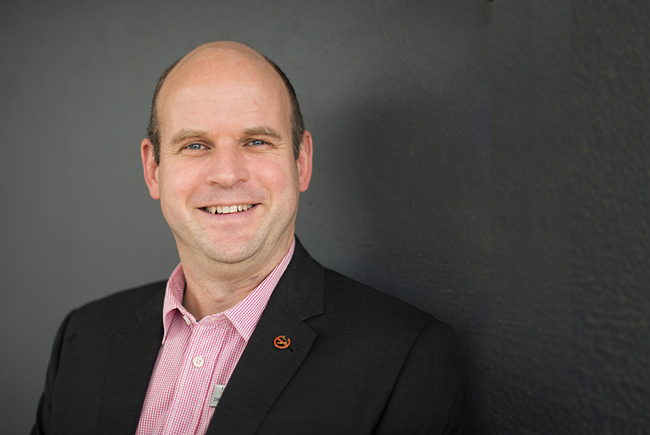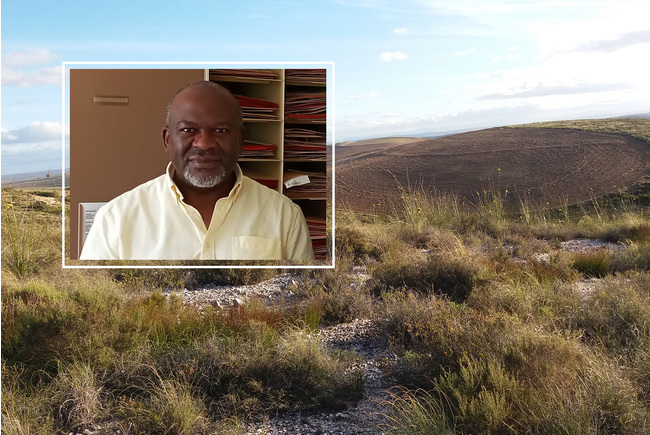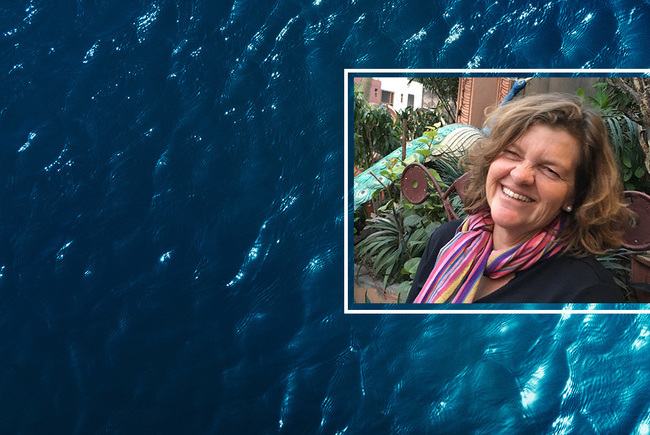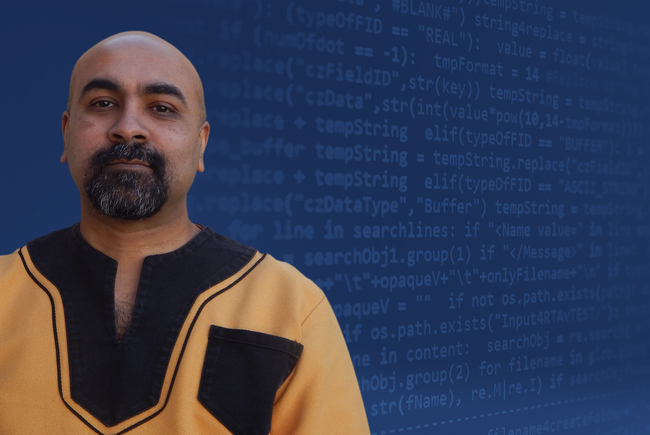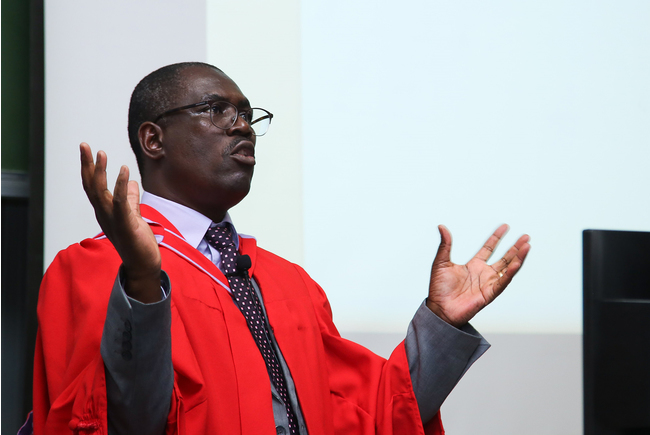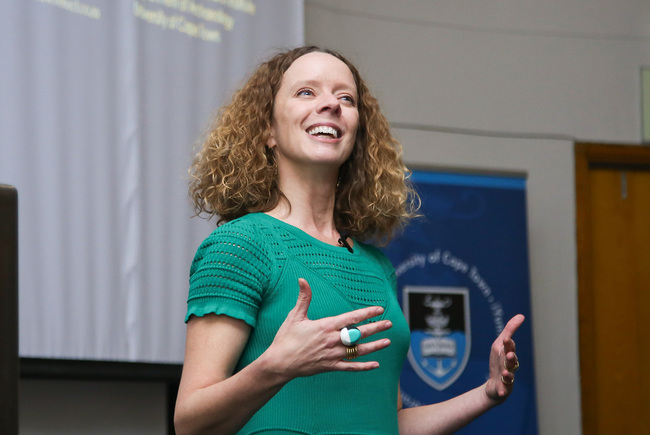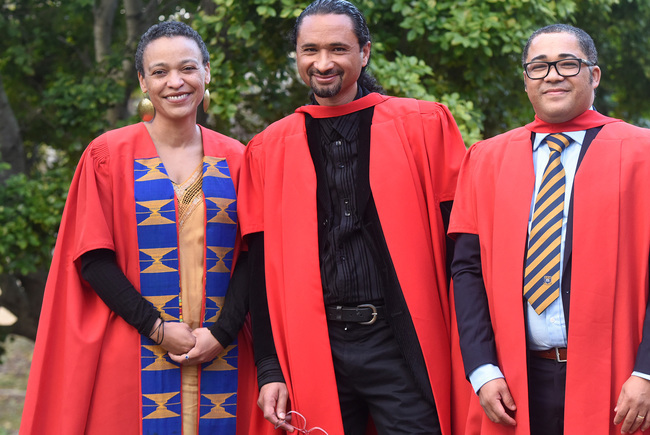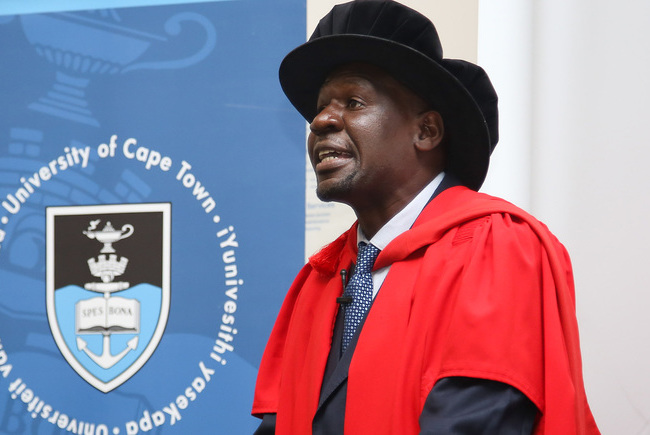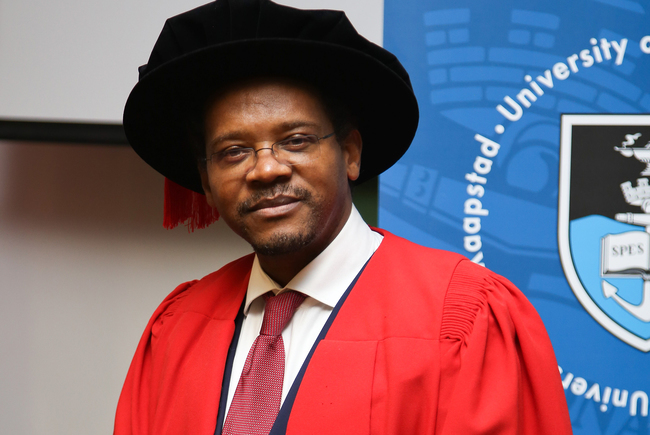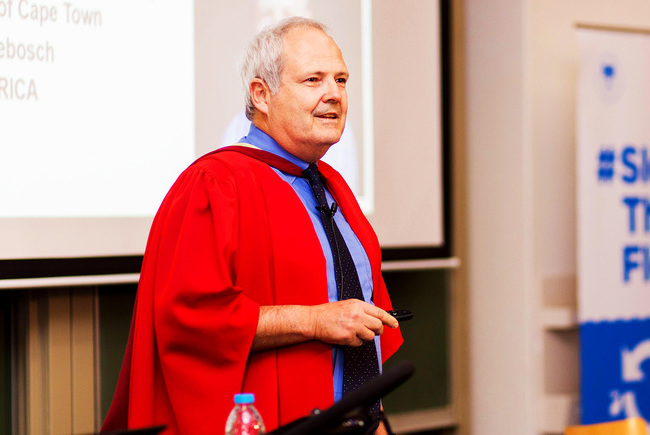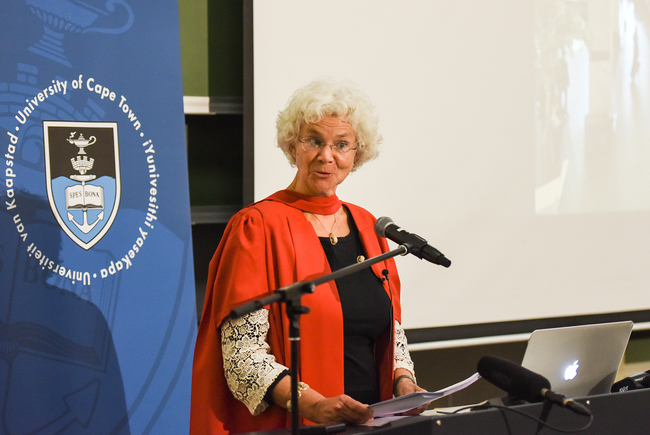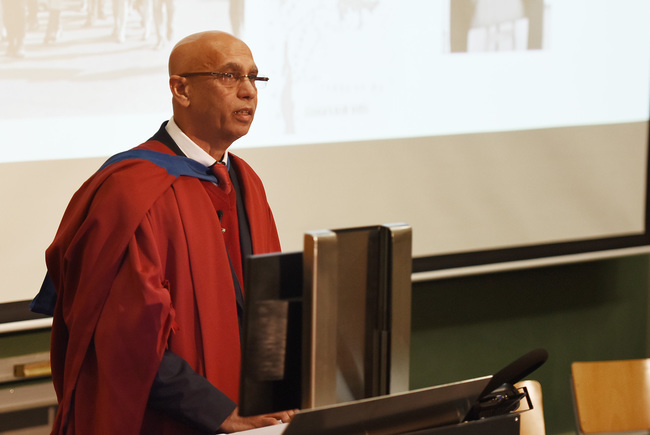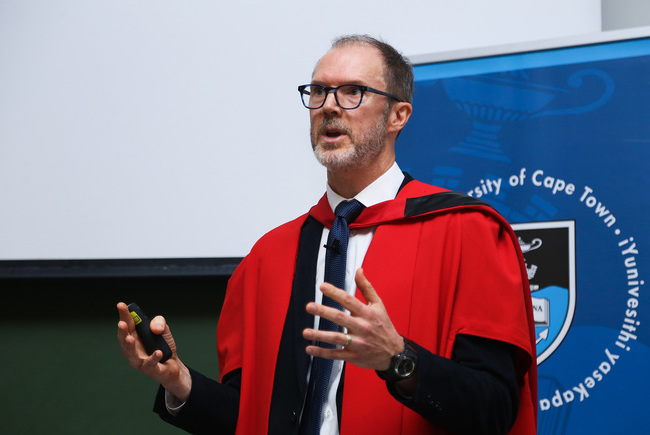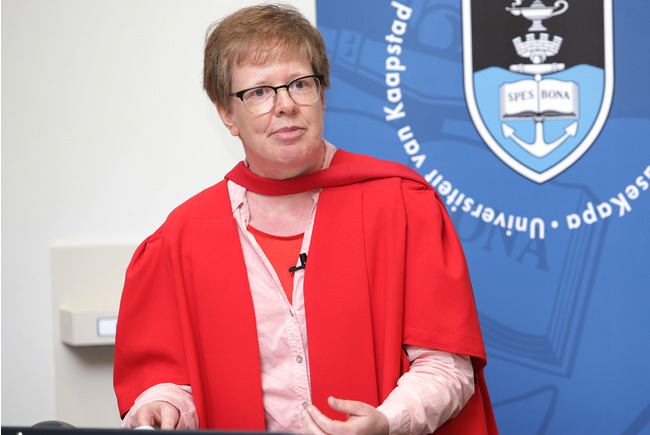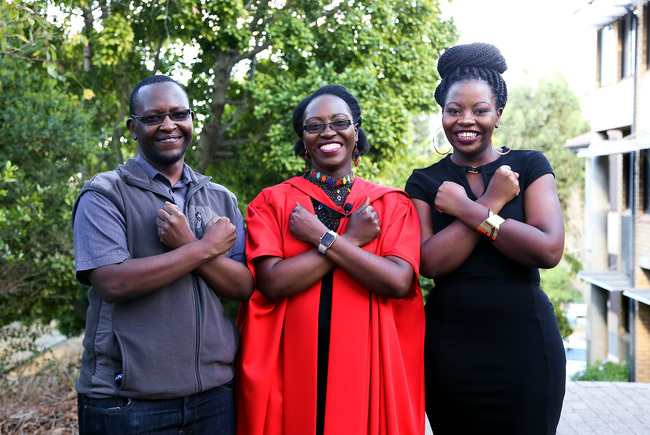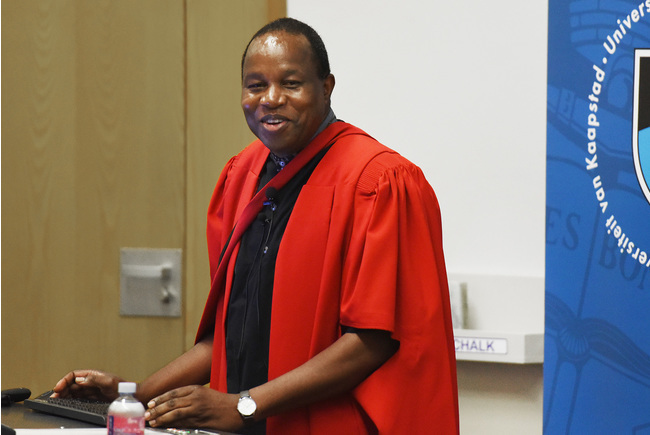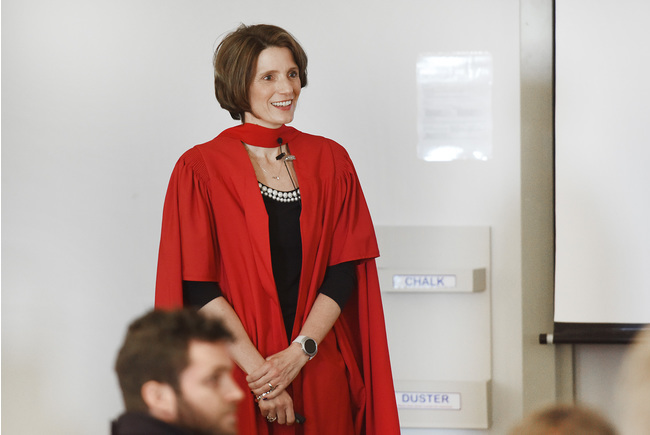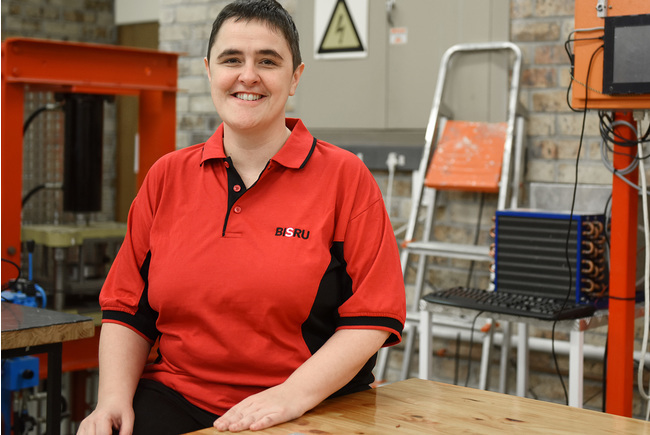Maximising multilingualism
20 August 2024 | Story Kamva Somdyala. Photos Lerato Maduna. Read time 4 min.“This is an uncomfortable topic because it forces us to face racialised inequality, but it’s also a story of inequality that we can change going forward. This isn’t a hopeless story, it’s a hopeful story but it takes the responsibility of all of us.”
These were the first words from the University of Cape Town’s (UCT) Professor Carolyn McKinney, from the Faculty of Humanities, as she opened her inaugural lecture on 14 August, titled, “How are we failing our children? Language and exclusion in schooling”.
Professor McKinney spoke at length about the glaring inequalities that exist in a pool of research consisting of under-resourced, no-fee schools; elite fee-charging schools as well as informal literacy clubs outside the formal schooling domain.
Her lecture was the first of four during Women’s Month, which will be delivered by esteemed women academics of UCT. It was also the first time newly minted Vice-Chancellor Professor Mosa Moshabela attended. He introduced himself to great applause.
“I am honoured to be hosting these lectures because they give me a glimpse into the research and work that is being done by our academics and scientists in the university. In general, we hold them in high regard because they represent the elevation of our academics,” said Professor Moshabela.
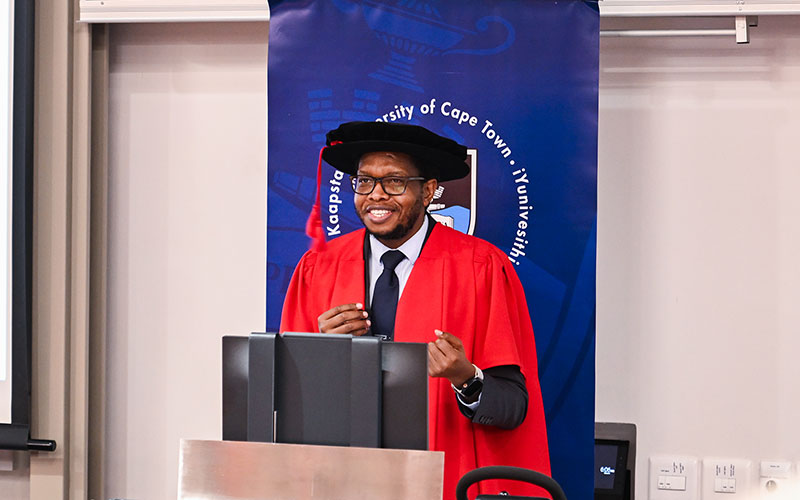
Introducing McKinney, Humanities dean, Professor Shose Kessi, said: “Many of us know all too well the painful experiences of black pupils who are often prohibited or reprimanded for speaking their languages in schools – in a democratic South Africa no less. The mental injury of this prohibition is based on the historic demonisation of African languages, sadly in an African country that prides itself on its diversity, which is unrepresented in its education policy framework.
“To transcend this faultline and to move further, to changing policy for effective integration and upholding heritage, we need to listen very seriously to scholars like Professor McKinney.”
Language ideology
McKinney shared a few of her studies, and one she did with Professor Pinky Makoe from the University of Johannesburg. “We did a project for historically white suburban schools that had desegregated and had majority black pupils. What interested us was how language was being used as a form of inclusion or exclusion – we didn’t know before we went in – but also how people were describing the schools as white spaces, and how that was being done when all the learners are black. What we found was that the way people spoke about language and their beliefs about it – language ideology – were very powerful in creating a sense of exclusion and a lack of belonging in those school spaces.”
“The irony is that the most monolingual people who exist have managed to turn their own linguistic deficit into something that is seen as superior.”
One teacher’s testimonial went along the lines of “The darker girls do speak English to each other and lapse into their language less.” A deputy principal at one school noted, “People in the area will feel more comfortable sending their children to a school with African children, especially if you look at kids who come from rural areas, who basically have no language.”
This, according to McKinney, raises a discourse of ‘languagelessness’, where, if you don’t have the English language resource, you have no language. Even though, she noted, by the time children get to school, they are proficient in a language.
This gives rise to the notion of conflating English proficiency with intelligence. What’s more, the question of why exclusion based on language exists. McKinney turned her attention to what she termed monolingual myths, which are:
- languages are pure and autonomous
- monolingualism or high level of proficiency in a single language is the norm
- linguistic purity
- bi/multilingualism is undesirable.
“The irony is that the most monolingual people who exist – English speakers – have managed to turn their own linguistic deficit into something that is seen as superior. And they have done that successfully.
“The next step now, among others, is to ensure that in the lecture halls and seminars, people’s language resources are used. We need to be experimenting with teaching bilingually. And we need to move towards having African languages much more prominently in our teaching, research and environment.”
 This work is licensed under a Creative Commons Attribution-NoDerivatives 4.0 International License.
This work is licensed under a Creative Commons Attribution-NoDerivatives 4.0 International License.
Please view the republishing articles page for more information.
The UCT Inaugural Lecture Series
Inaugural lectures are a central part of university academic life. These events are held to commemorate the inaugural lecturer’s appointment to full professorship. They provide a platform for the academic to present the body of research that they have been focusing on during their career, while also giving UCT the opportunity to showcase its academics and share its research with members of the wider university community and the general public in an accessible way.
In April 2023, Interim Vice-Chancellor Emeritus Professor Daya Reddy announced that the Vice-Chancellor’s Inaugural Lecture Series would be held in abeyance in the coming months, to accommodate a resumption of inaugural lectures under a reconfigured UCT Inaugural Lecture Series – where the UCT extended executive has resolved that for the foreseeable future, all inaugural lectures will be resumed at faculty level.
Recent executive communications
2025
2024
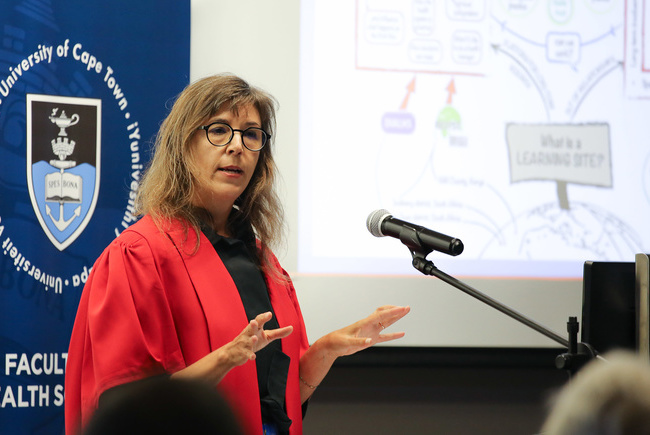
Professor Susan Cleary delivered her inaugural lecture on 14 March.
14 Mar 2024 - 5 min read2023
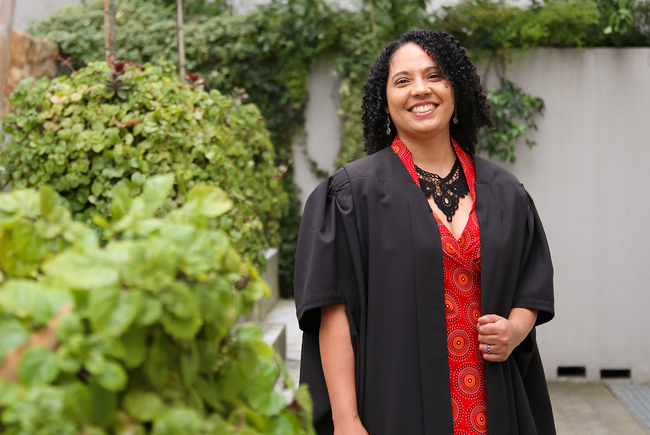
Prof Lydia Cairncross’s inaugural lecture provided a snapshot of the career path of a surgeon and community activist whose commitment to social justice means her work doesn’t end in the operating theatre.
02 Nov 2023 - 8 min read2022
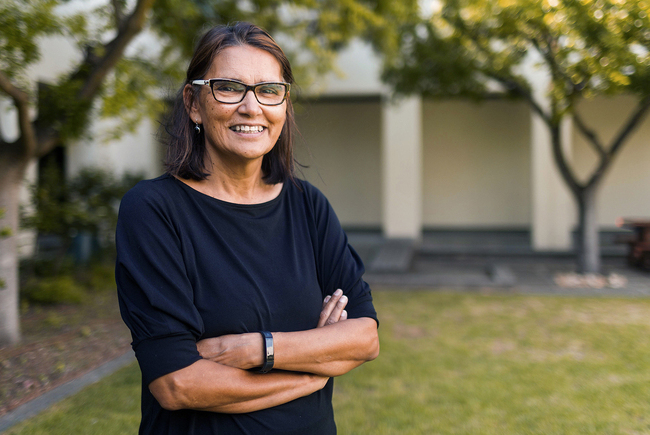
Professor Linda Ronnie is in UCT’s Faculty of Commerce.
28 Sep 2022 - 6 min read2021
2020
2019
2018
2017
2016 and 2015
No inaugural lectures took place during 2015 and 2016.


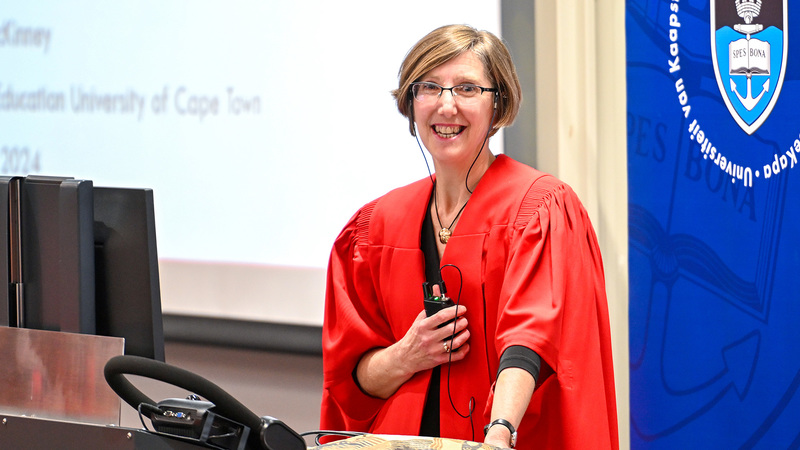





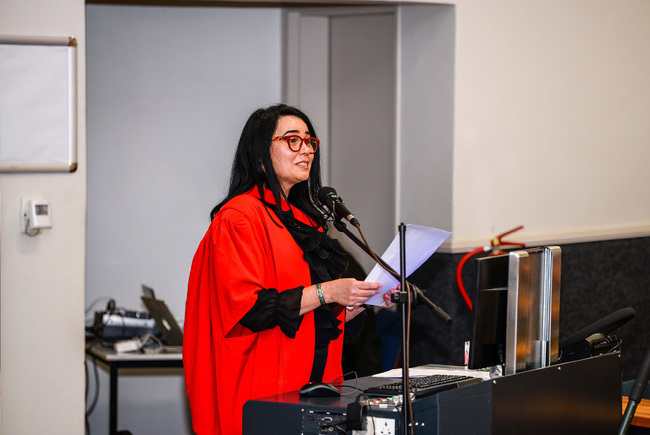


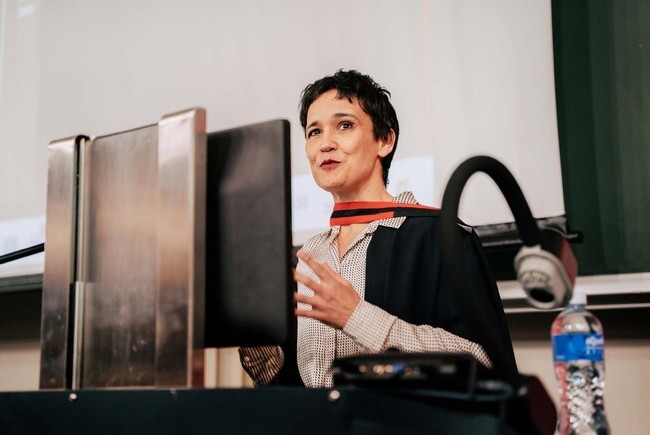
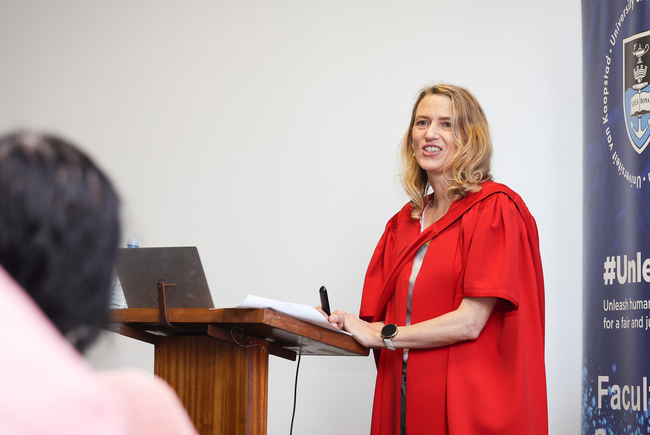
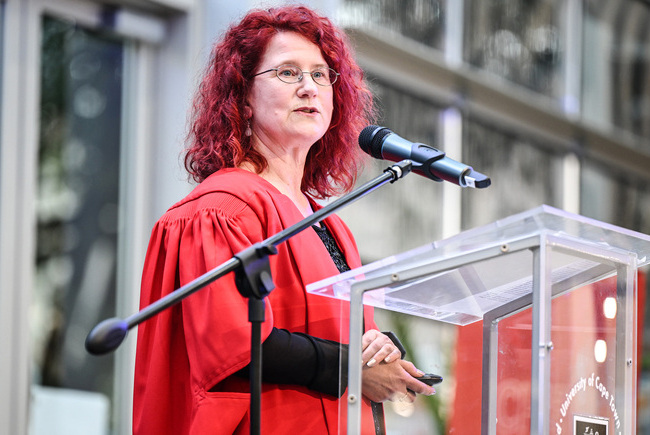

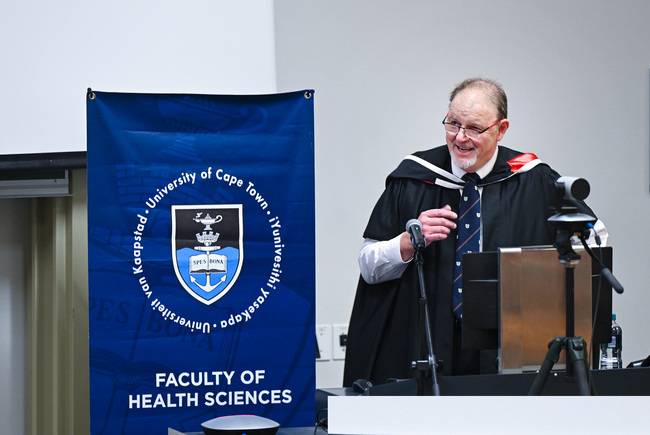
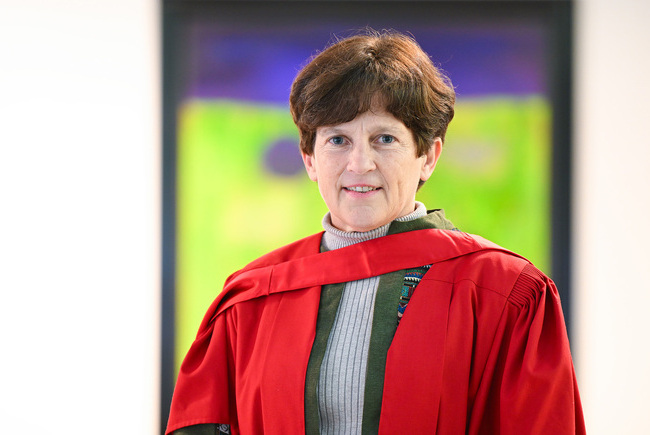
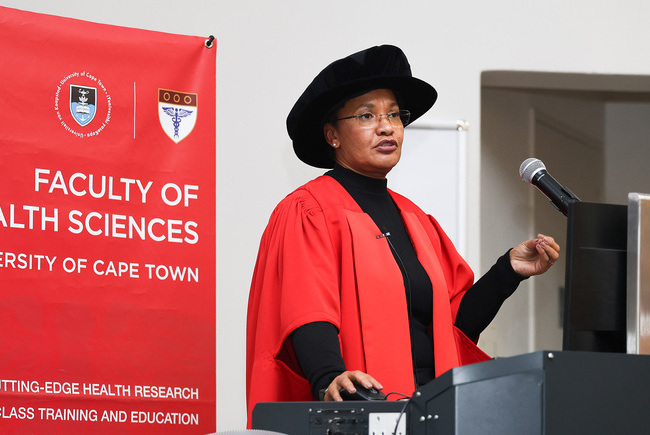
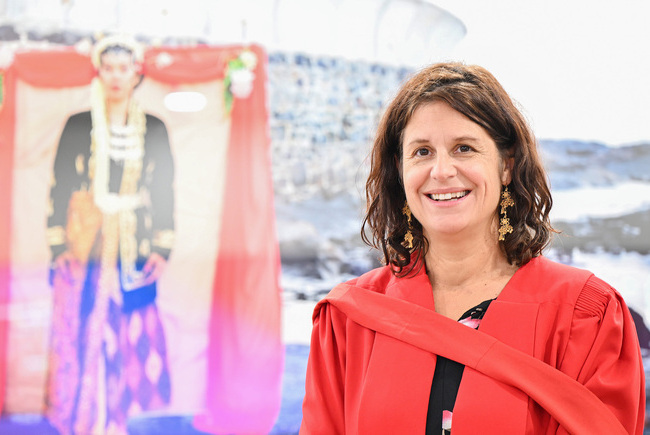
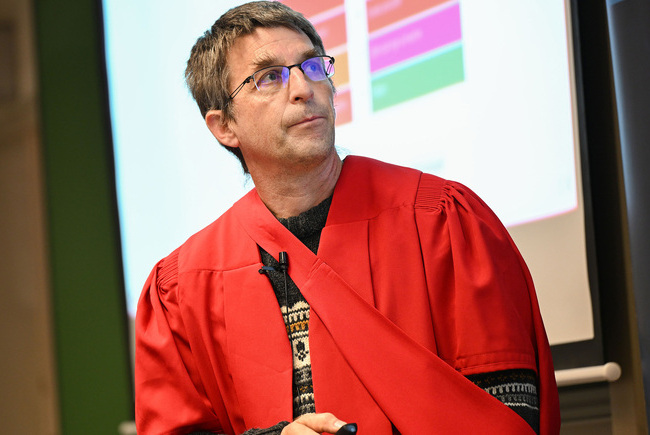
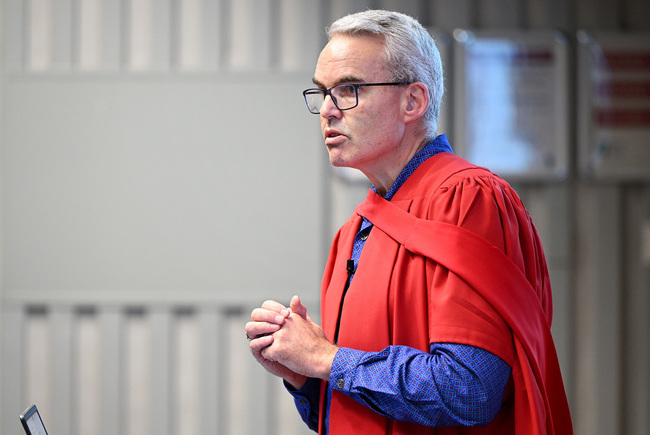

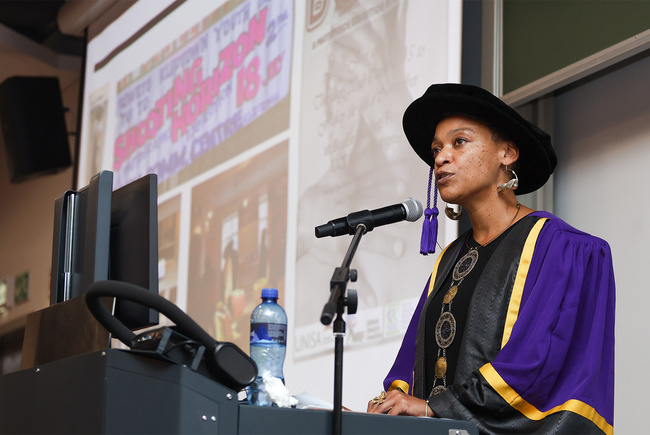
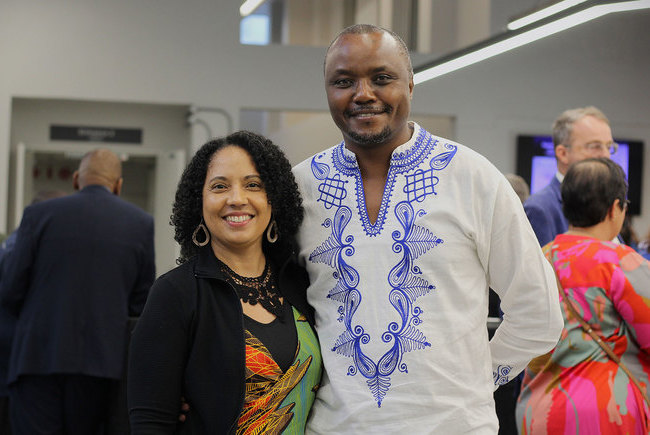
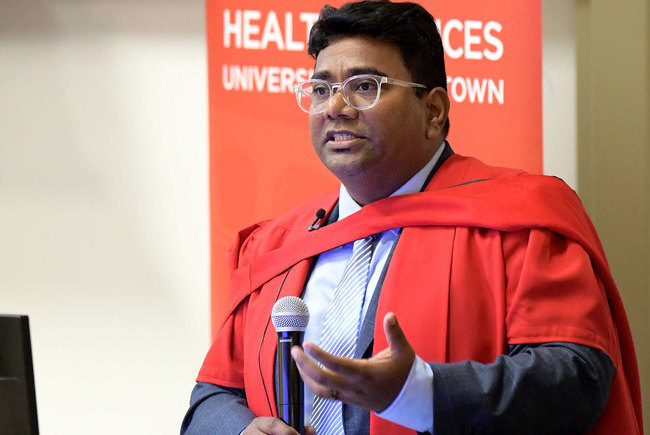
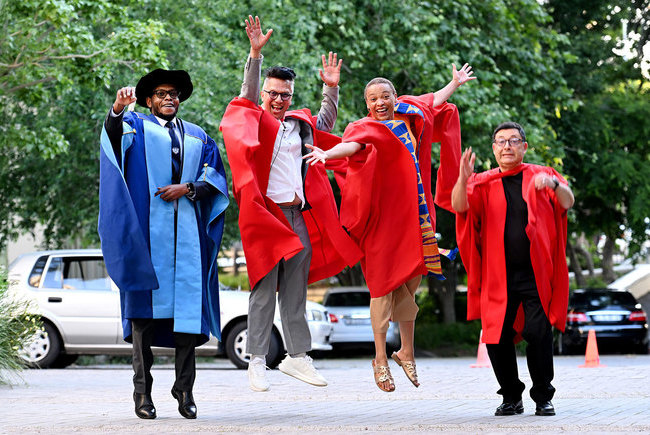
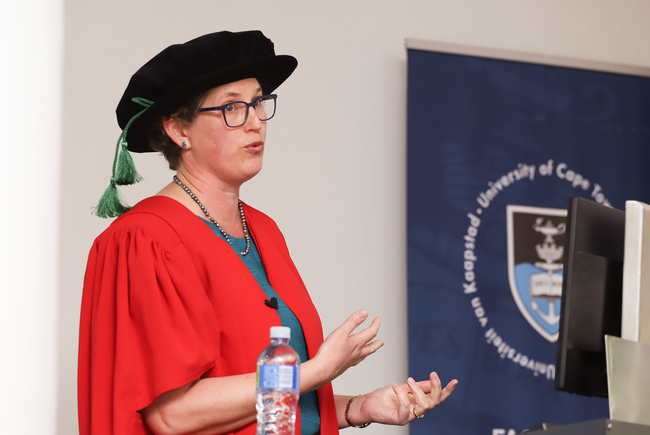
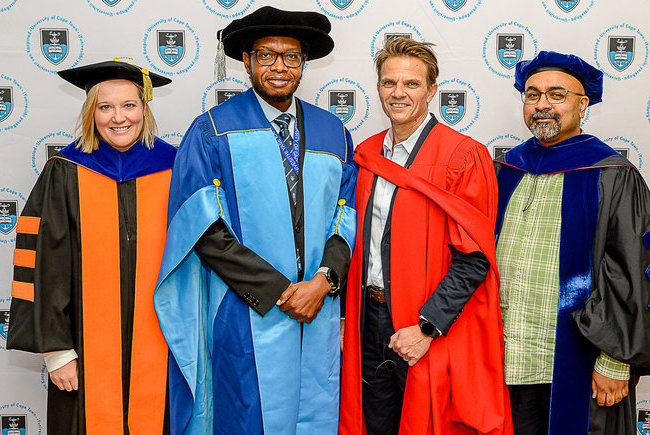
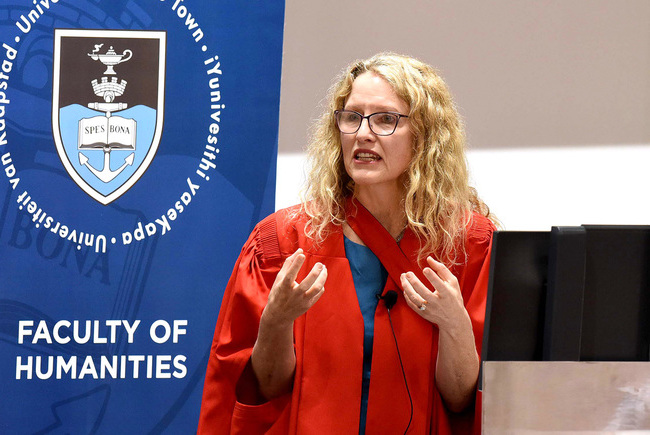
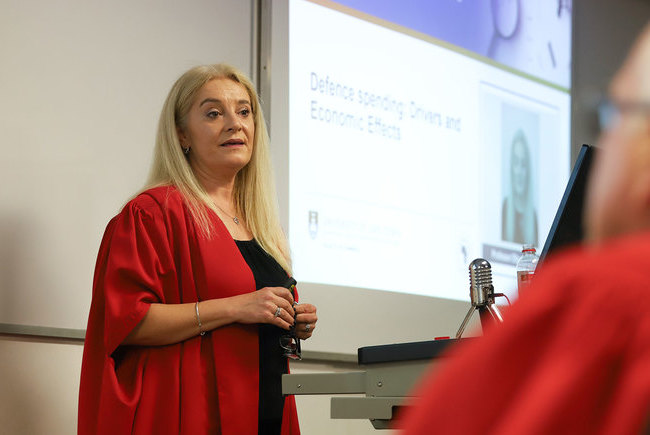
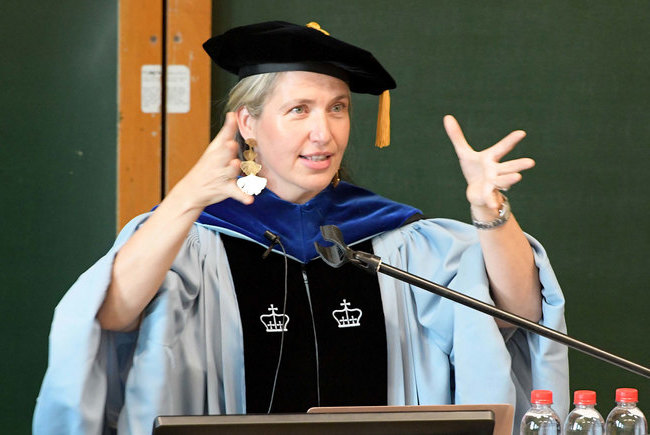
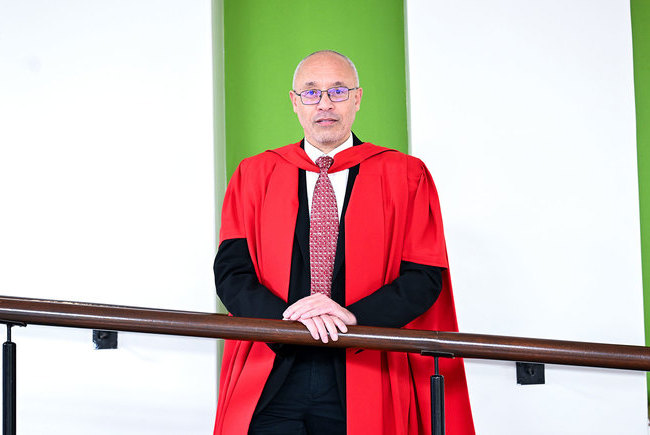
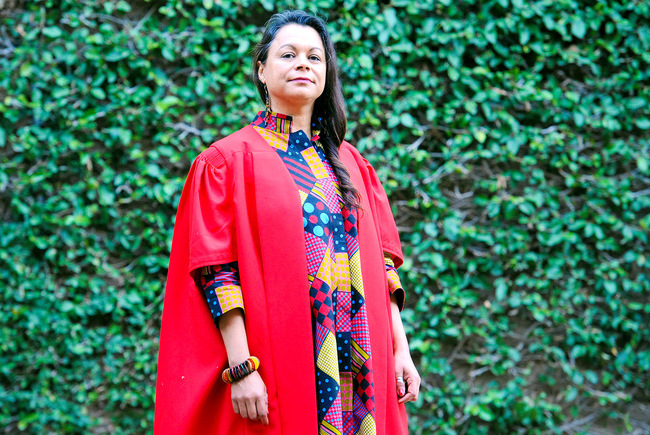
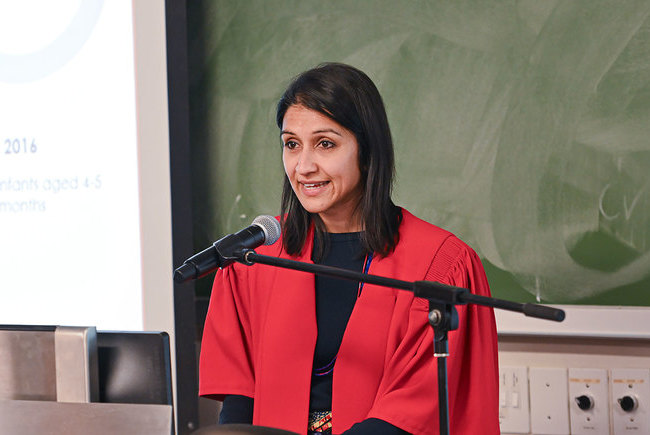
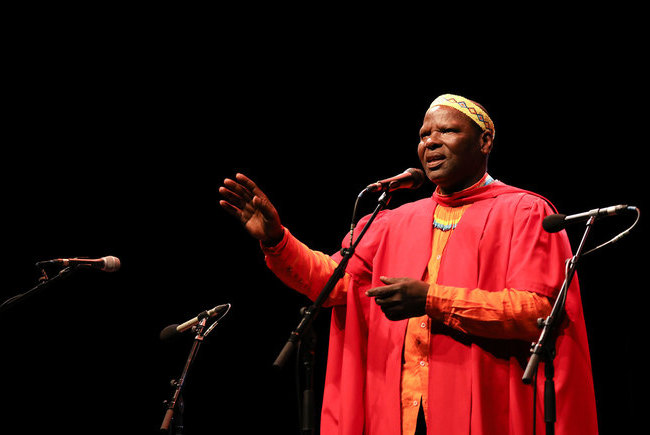
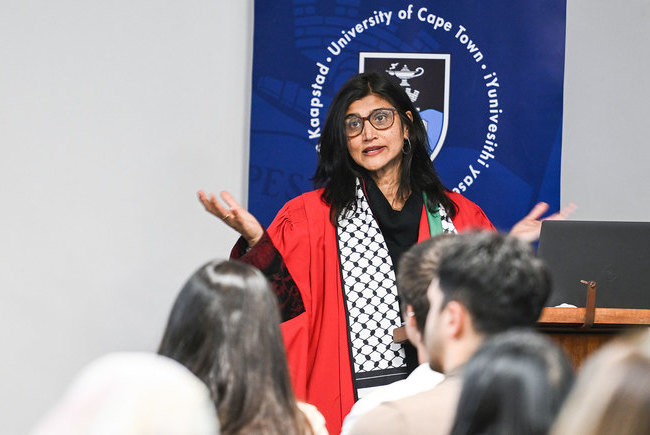
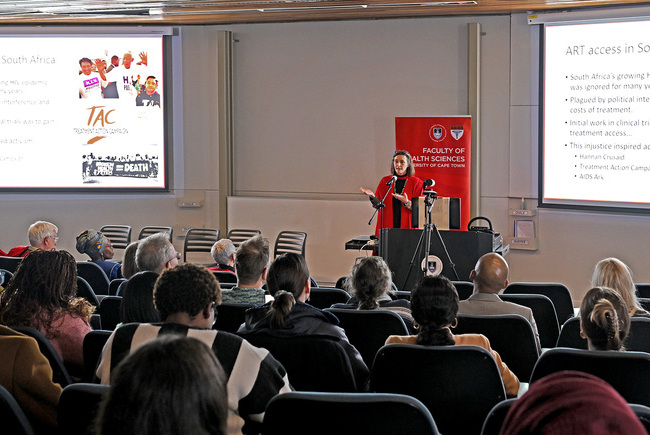

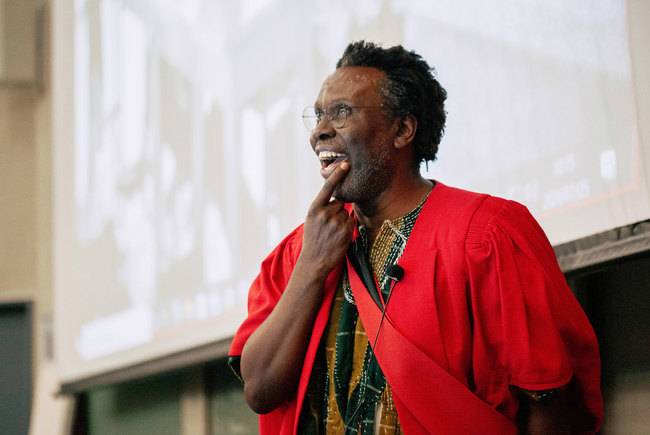
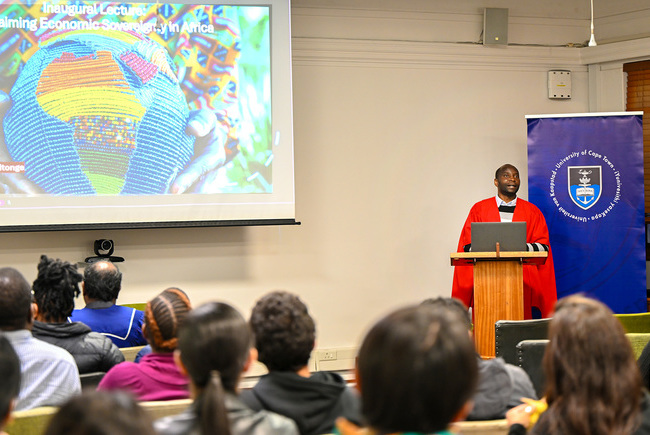
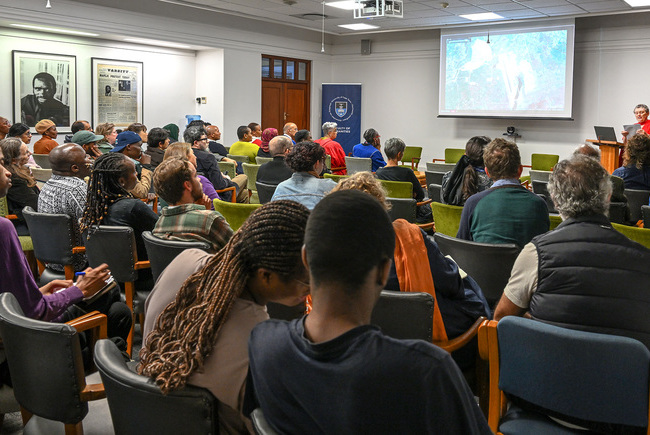
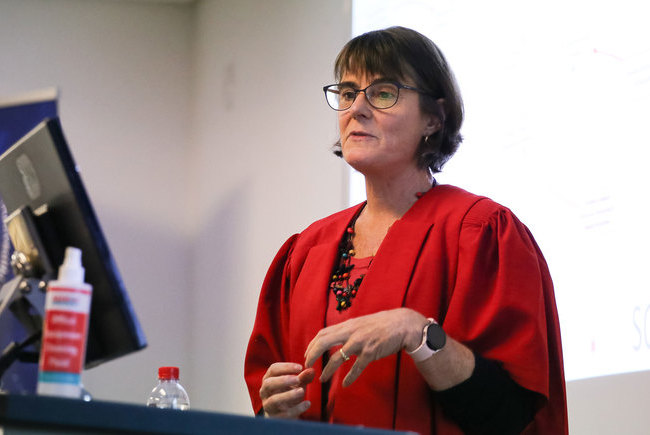
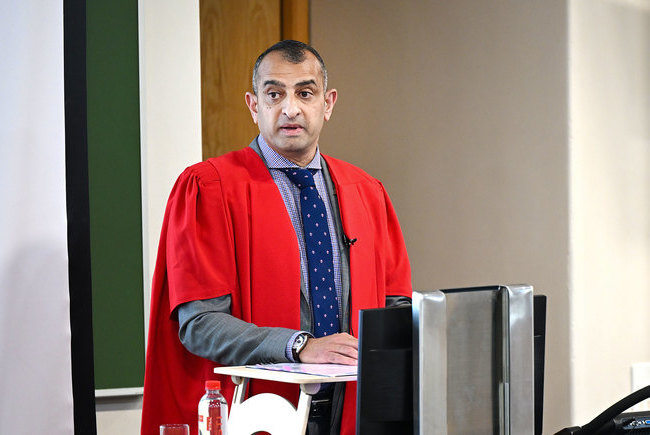
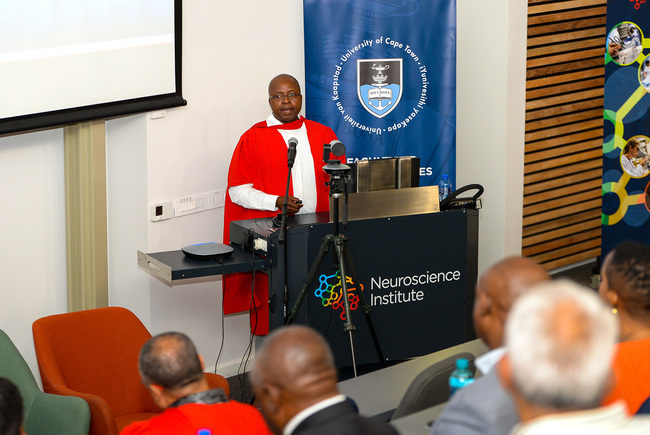

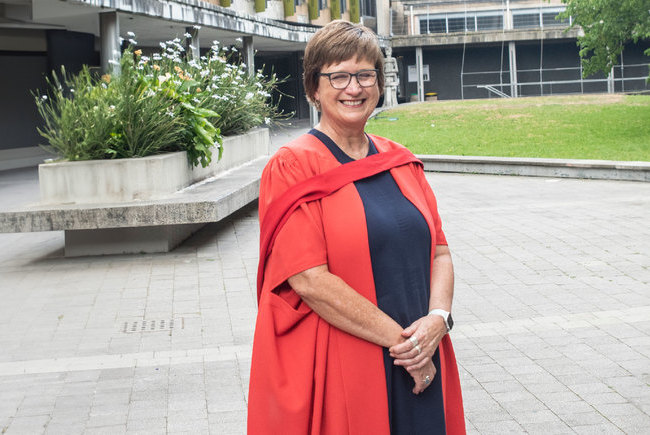
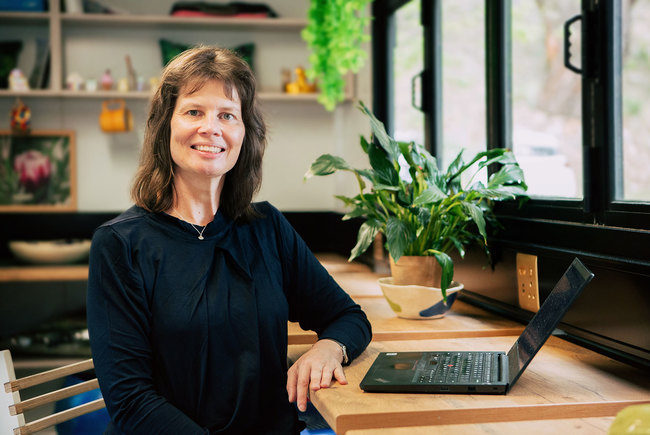
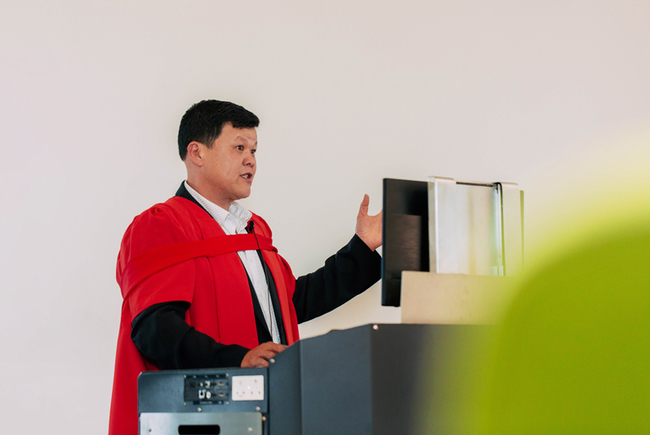
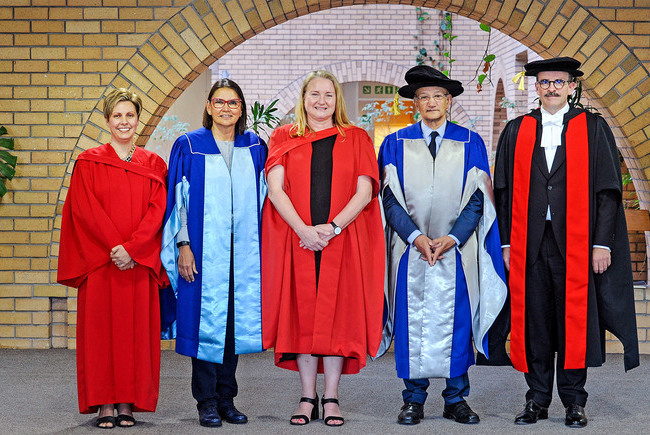

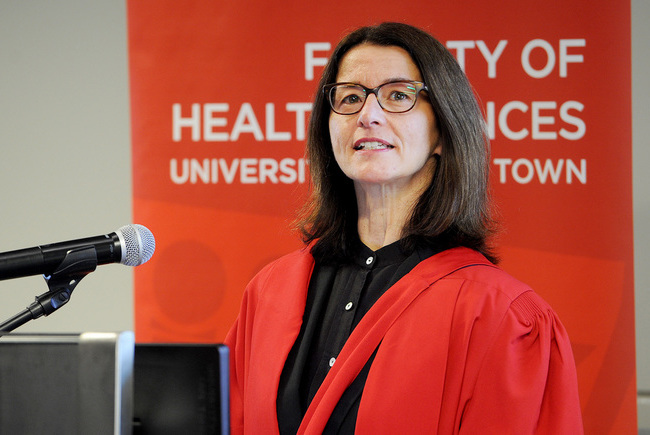
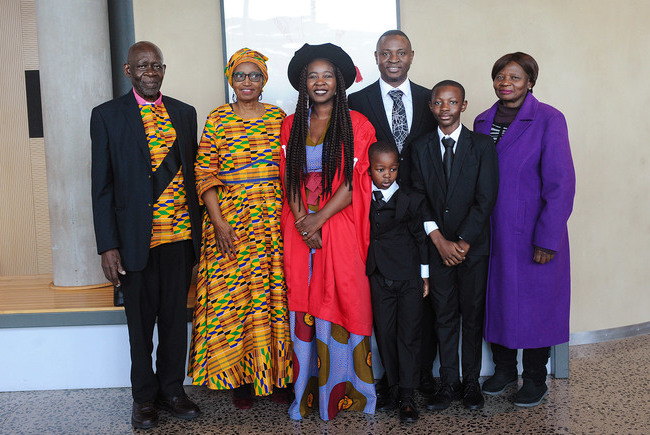
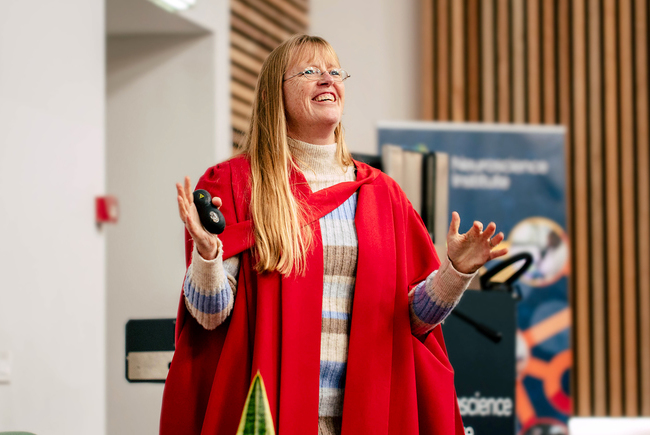

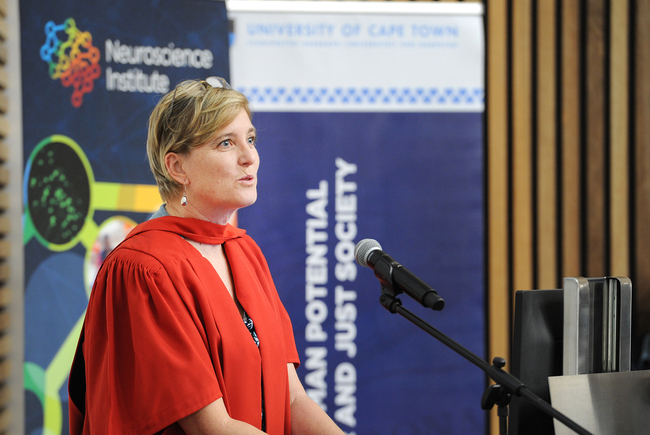

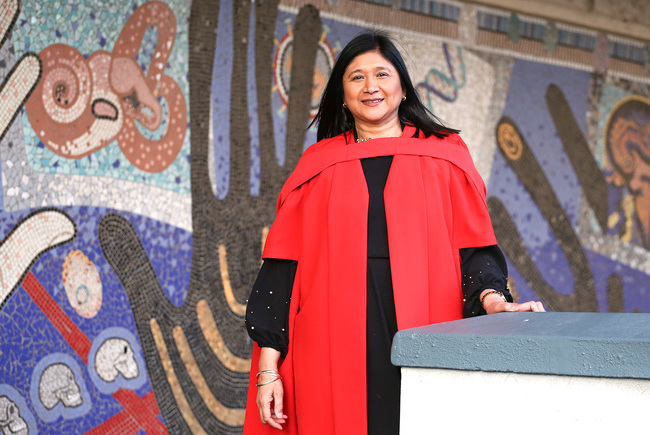
.jpg)
